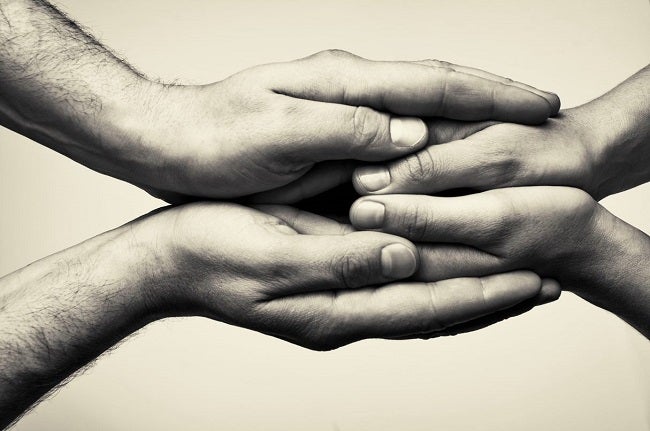
Thoughts on World AIDS Day 2020 and COVID-19
Darren M. Henson, Ph.D.
Each year on December 1, people from around the world connect on World AIDS Day to raise awareness of HIV, pay respects to those who have died from AIDS-related illnesses and to support those living with the disease. This year, as the global coronavirus pandemic continues sweeping across borders and oceans, additional emphasis is on questions and concerns for people living with HIV and their susceptibility to contracting COVID-19. It’s scary to think of living with HIV on top of fending off coronavirus, but there are answers to many questions about how the two may be connected.
Since HIV was identified in the 1980s, more than 35 million people worldwide have died of HIV or AIDS. It continues to be one of the most destructive pandemics in history. More information about the disease and the importance of World AIDS day can be found on its official website.
Of course, the term “pandemic” is taking on an entirely different significance in the age of the new coronavirus and COVID-19. For many who are currently living with HIV, there are questions about whether they may be at higher risk of suffering from serious illness and rapidly deteriorating health. The Centers for Disease Control and Prevention (CDC) offers detailed guidance on its COVID-19 and HIV webpage. Resources include a question and answer reference as well as a video.
Although it sometimes seems like we’ve been dealing with COVID-19 for years, we are still learning a lot about this virus that was first detected within the last 12 months. Over the last year, efforts have been underway to collect evidence about whether AIDS patients are at higher risk of contracting COVID-19. For now, virologists believe people with HIV who are on effective treatment regiments have the same risk for contracting COVID-19 as people who do not have HIV. However, circumstances may be different for those battling other serious medical conditions. More details are available at HIV.gov’s Coronavirus (COVID-19) and People with HIV webpage.
Since it began in 1988, World AIDS Day remains one of the most widely recognized international health days as well as a key opportunity to raise awareness of HIV and prevention measures. The disease is no less significant in the era of coronavirus and actually requires more attention to inform and assist recovering AIDS patients also trying to heed COVID-19 prevention warnings. Hopefully, with the advancement of health equity and potential breakthrough treatments for these diseases affecting all populations, both conditions may one day be brought under control.
Darren Henson, Ph.D., is Director of Operations for the AHA’s Institute for Diversity and Health Equity.
